The second article in this examination is a personal piece written by one of SBNation’s lead NFL writers, Matt Ufford, which was roundly lauded by bloggers and posted the same day as Pam Oliver’s article.
Ufford used the new season to announce he has a child on the way in his article, “People VS. The NFL: After an offseason in which the NFL got almost everything wrong, a lifelong fan reflects on shame, love, fatherhood, and the future of the league.”
I winced before I was done with the slug line describing what was to come in the piece. Fatherhood. Ufford was now joining the ranks of male sportswriters who were going to tell us what it all meant in the context of their child, a ploy I find repelling. Ufford’s piece was well-written, but once the reader reached the final chapter in the post titled “Hope,” one could not help but brace for the pap that was coming. Words that in my heart of hearts, I know that if a female sportswriter had put them to keyboard they would have been seen as soft, not on point, and probably one of the worst insults, like a Mommy Blogger.
Male sportswriters live in a world where having emotions allows them to continue the chain of sports being a father-child activity and roundly get praised for writing so honestly, Pam Oliver speaking honestly is humiliated. Male emotions get heralded as a concession for having them in the first place like a normal human being and calls to mind the wickedly funny “Male Novelist” jokes by Mallory Ortberg at The Toast.
We’re back to Nolan’s closing statement again, “It’s time for the conversation to change, or at least those who are participating in the conversation.” If one group is lauded for speaking honestly while the other is diminished, how does the discussion change?
Oddly enough, a third article posted that day touched on both Ufford’s and Oliver’s topics. The New Jersey Star-Ledger published a Q&A with CBS sideline reporter Tracy Wolfson in which she answered bluntly on the topics of what it’s like to be a woman in the sports public eye, having your looks torn apart or conversely (and creepily) being told you look hot. She mentioned having three young children almost as an afterthought and how being on the road kept her away from them. Then she declaratively stated, “At one point I’m probably going to get on a plane and miss that. But I’m kind of living in the here and now.”
Wolfson’s openness to revealing how the job could be tough was reflected in how she shielded herself from talking about her children as not to be seen as a weak, a thread that continued with her final answer to the interview.
Q: What about guys who might hit on you or be inappropriate toward you? Is that something that happens?
(Just a quick aside — When was the last time you heard of a male sports reporter asked if they get hit on as a part of their job?)
A: You will get comments from coaches in a little bit of a not appropriate way, but usually those coaches are friends of yours, so it’s not a big deal. I’ve worked around men for a long time. I know what they can be like. It’s kind of like that and you just have to go with it. But I’ve never had it cross the line, and I’ve got to be honest, if it did, I wouldn’t tell you.
Back to Nolan’s point, “It’s time for the conversation to change, or at least those who are participating in the conversation.” From Wolfson we get in short; be strong, this isn’t going to easy for women, you can do it. (Just keep the dirty laundry in-house.)
All these points tie back to a piece I struggled — and failed — to write on Monday in response to Jezebel’s “If You Care About Women and Still Support the NFL, You Are a Hypocrite.” In her post, author Erin Gloria Ryan posits that if you support boycotts against Chick-fil-A, Floyd Mayweather, Eden Foods and Hobby Lobby among others, all of which I do boycott, and still support the NFL, which I still watch, I was “a f-cking hypocrite.”
To which I say, there is something more powerful in staying.
When you are told either directly or indirectly, “This isn’t for you,” or “We don’t care what you think, it’s always been our way,” it is more powerful to respond with, “Too bad, I’m here, I’m not going anywhere and you’re going to have to deal with me.”
If any of us leave the discussion because we are told we are hypocrites, everyone loses. If male voices are treated differently than female voices, everyone loses. As Nolan said, “It’s time for the conversation to change, or at least those who are participating in the conversation.”
It’s been heartening to see Jane McManus’ reporting on Ray Rice get featured billing when she’s on ESPN, but then disappointing when her online pieces on Rice go back to being buried on ESPN’s problematic (if only because there seems to be no clear guidance to what their voice is supposed to be) women’s vertical, espnW. Sarah Kogod wrote a short, impactful piece on what it was like to stay in an abusive relationship for SBNation in light of Janay Rice’s statement, but I cannot help but wonder why she wasn’t also asked to write about sports with the eyes of a new mother as one of the only top-billed women in a network of 308 blogs that has a masthead of (all white) men. Why are the women who are speaking on the Ray Rice beat being put back on the sidelines or speaking as victims at these two large online houses?
While turning Ryan’s piece over in my head and trying to crystalize my own thoughts about staying with sports — not just football, all sports — my brain kept returning to Roxanne Gay’s essay “The Spectacle of Broken Men” from her book Bad Feminist,
“Mostly, this story shows us how broken men are everywhere—on ranches in central Texas, in elite football programs, both on the field and on the sidelines. And alongside these broken men are the women who all too often become broken too. It’s a spectacle in every way.”
Spectacles which demand examination in every way need to be more inclusive, reflect wider viewpoints and come from voices all across the spectrum, but we’re not going to get to this point of balance without breaking a few ingrained, bad institutional habits. If I or any other woman leaves sports, stops talking about sports, stops making our voices heard about sports, then it’s ceding the ground we’ve already fought to keep as female writers and fans. And while in this moment it may seem hypocritical to still support professional sports and still consider myself a feminist, I know that the more of us that stay and force ourselves to be heard, the more change is possible and the less quixotic our plight will become.
(Disclosure: Matt Ufford and I both write at the NFL humor site Kissing Suzy Kolber, but our interaction is minimal at best. I worked with Sarah Kogod on a now-defunct all-women’s blog named Playing the Field she launched six years ago. Our professional and personal interaction has been minimal since then. I also share a link to KSK with her husband, but much like with Ufford, our interactions are infrequent.)
Sarah Sprague is an indie writer based out of Los Angeles who loves to combine her passion for sports, entertaining and the fan experience. She’s contributed to sites such as Deadspin, Kissing Suzy Kolber, SB Nation, Ain’t It Cool News, Playing the Field, The Awl and With Leather and has been featured on ABC News, Yahoo! Sports Blogs, The Sporting News Blog, NBC Sports Blogs, Sports Illustrated and ESPN the Magazine.

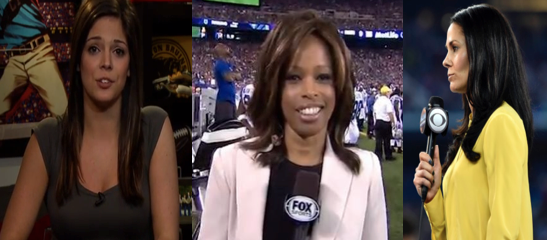
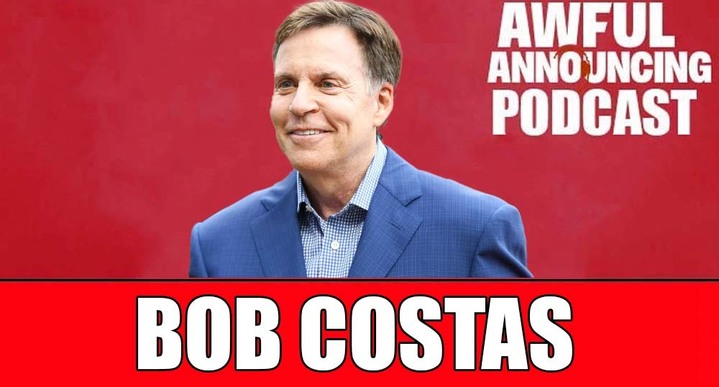
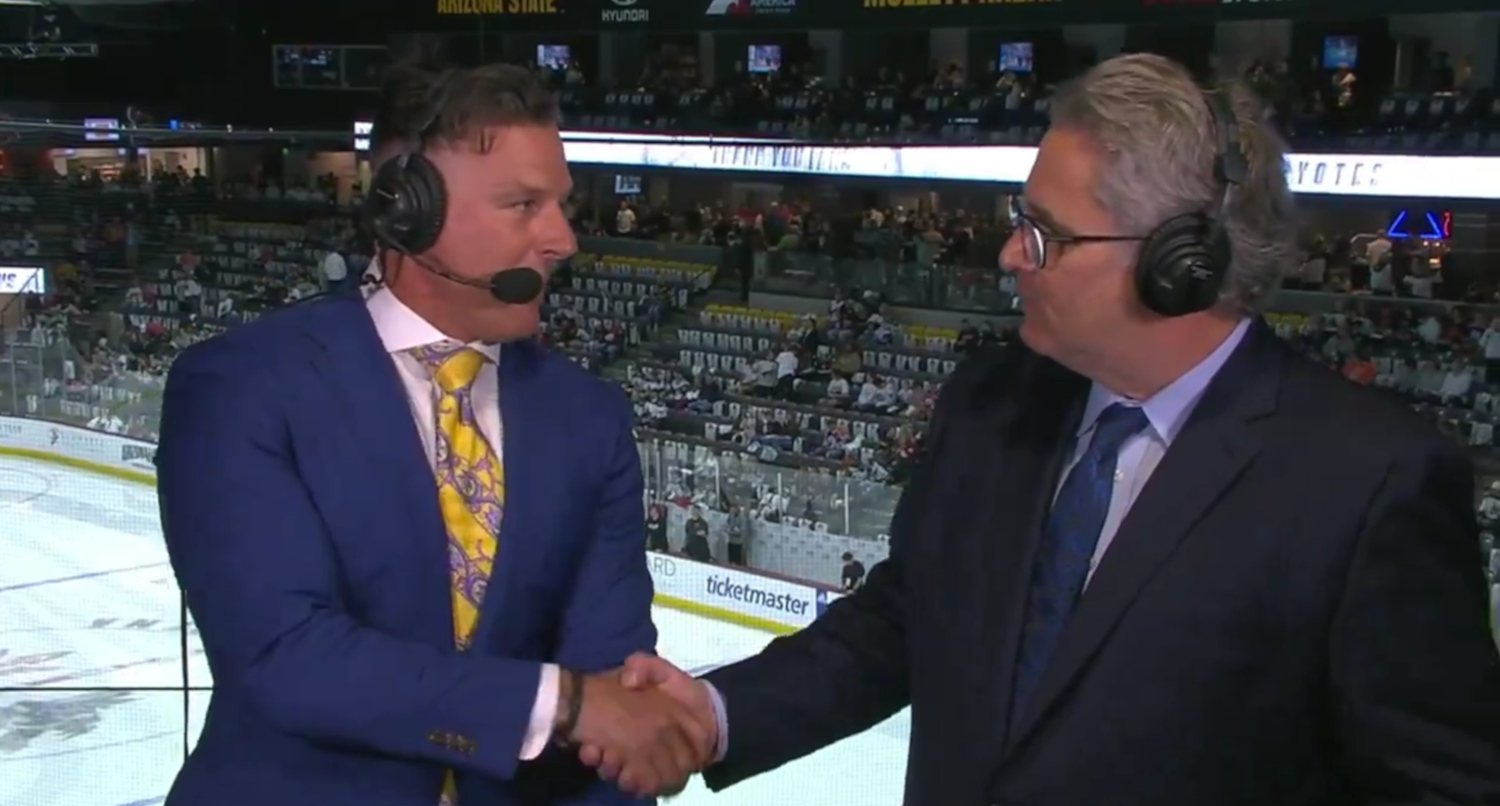

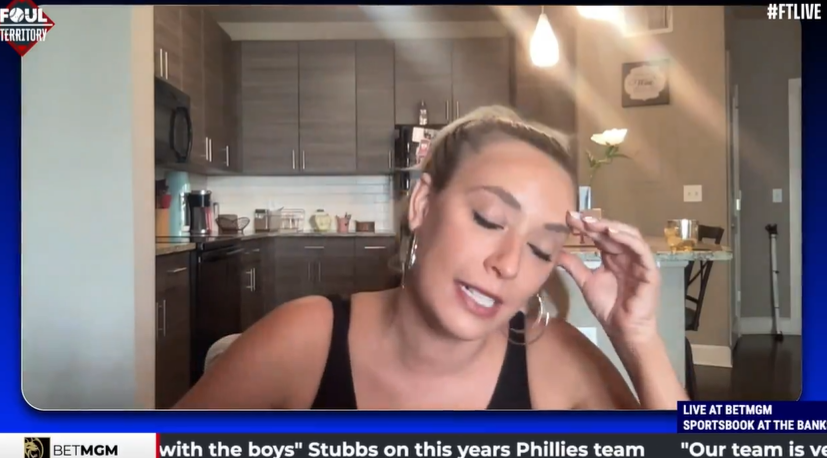
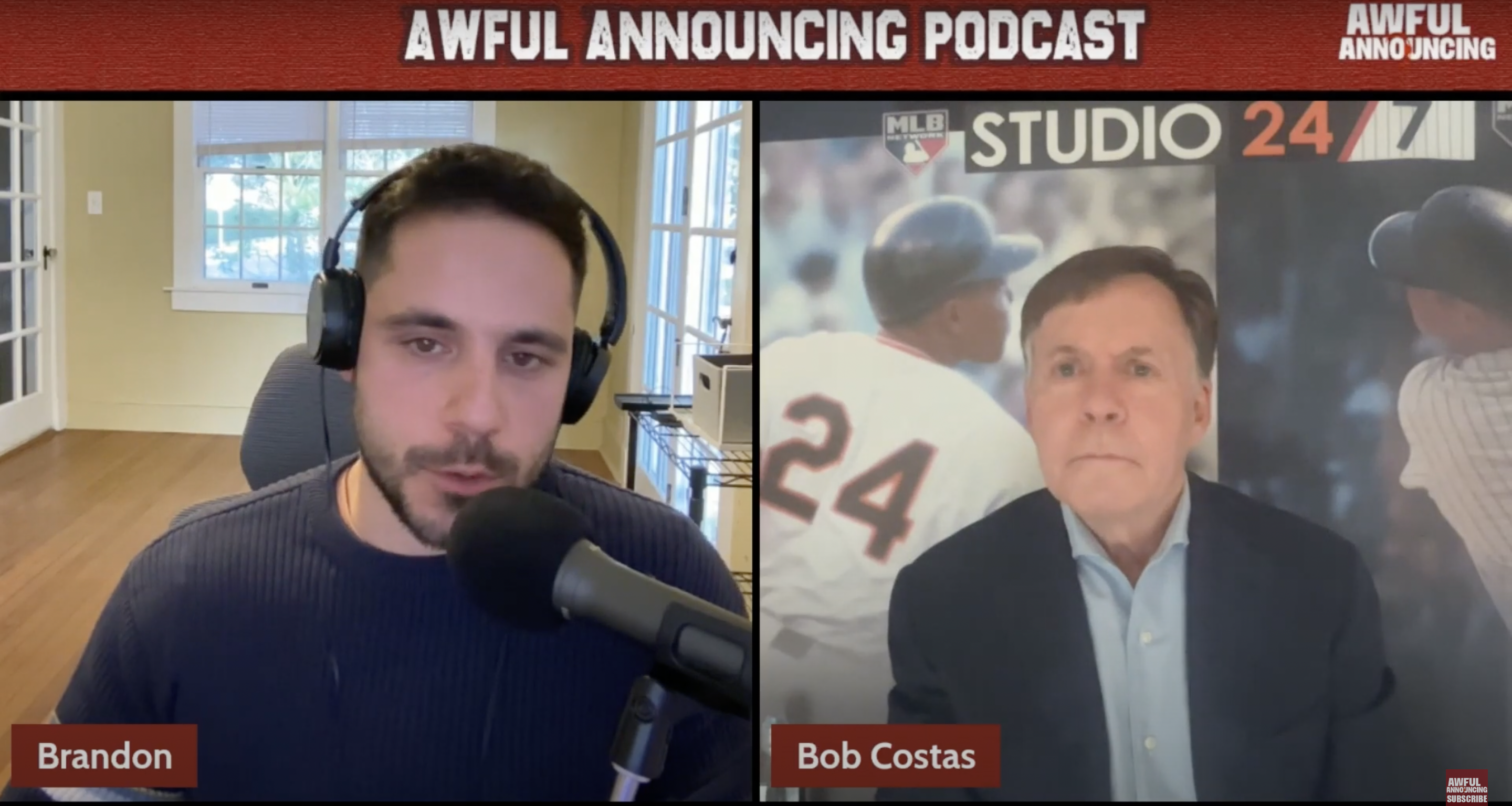
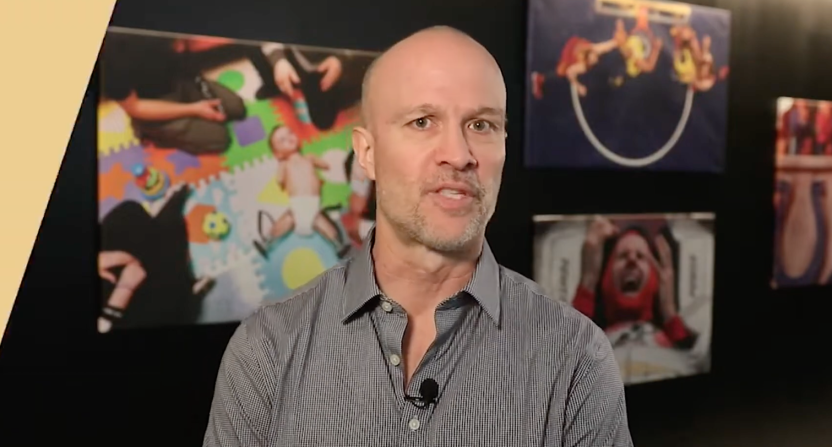
Comments are closed.